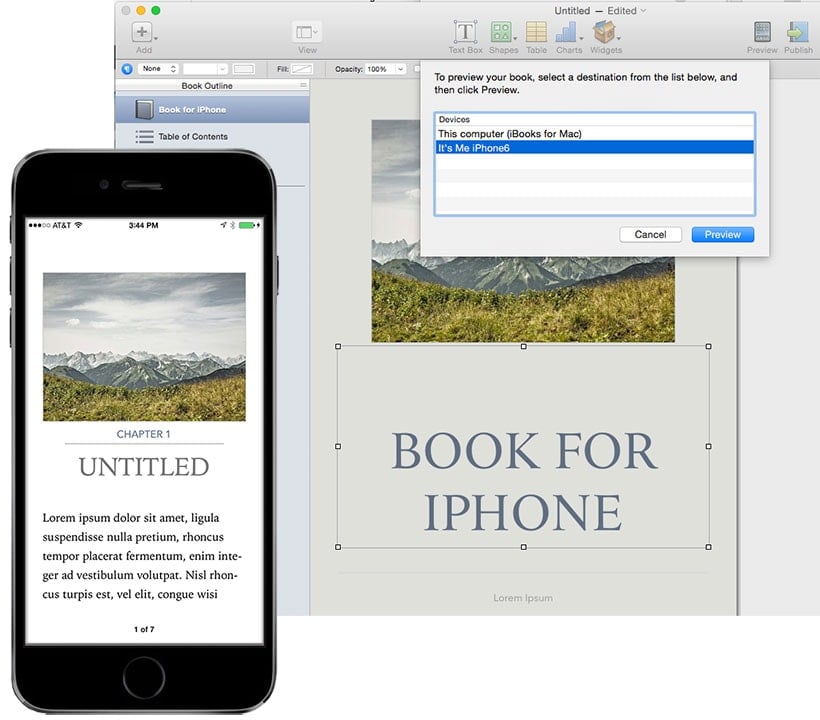Inkling Gives up on Selling Digital Textbooks to Students – Lays Off 25% of Staff
With ![]() the failure of Kno and the closure of Coursesmart, the consumer focused digital textbook market has been showing every sign of fizzling, and now Inkling is throwing in the towel. This 5-year-old digital textbook startup has fired 25% of its staff yesterday as it continues to shift its focus from selling to students to getting paid by publishers.
the failure of Kno and the closure of Coursesmart, the consumer focused digital textbook market has been showing every sign of fizzling, and now Inkling is throwing in the towel. This 5-year-old digital textbook startup has fired 25% of its staff yesterday as it continues to shift its focus from selling to students to getting paid by publishers.
The news has been confirmed by Inkling CEO Matt MacInnis: Yesterday’s change primarily affected people who were in jobs that supported our consumer retail business," he told TechCrunch in an email. "It was a very difficult decision for me personally because, even though they were in roles we no longer needed, they were all fantastic colleagues."
While the scale of the layoff comes as a shock, Inkling had been telegraphing that it was coming. Back in March MacInnis revealed that Inkling had already shifted its focus away from selling textbooks:
The majority of Inkling’s revenue now comes from licencing their platform to publishers. “There was a core business model shift where we went from being about consumer retail to being about licensing software to businesses (the publishers themselves),” says McInnis.
I was expecting that the staff had been reduced gradually over the past few months, not all in one go.
Inkling got a lot of attention when they first unveiled their platform 4 years ago, a time when many (but not this blogger) assumed that there would be a huge market in selling digital textbooks to students. Inkling’s platform was the most eye-catching, and it incorporated videos, interactive demos, and extensive annotation features. But none of that mattered much, given that students (1) only buy textbooks because they are forced to do so and (2) never had much money in the first place.
And now Inkling, like many other tech companies, has shifted to a B2B model rather than B2C. Like I wrote in March, this is a sign that the future of digital textbooks is selling to schools, not students.
P.S. Inkling giving up on selling to students raises questions about the viability of anyone still in the market, including Yuzu, the digital textbook platform which B&N will be launching this summer.

Comments
Ben May 7, 2014 um 8:32 am
We will never see the kind of ebook success with fictions in digital college books. It’s an uphill battle with the current school system. Anyone even ask if our teachers are ready for the tech? Instead of just preaching how great it is to have digital content? … so many more questions I can ask that I think Inkling failed to answer.
Lastly, when I tested Inkling for ebook conversion last year…trust me when I say you need to be a programming pro to get this right. Publishers without a budget to buy into Inkling’s ecosystem and a good digital team will never adapt it. Inkling is DOA IMHO.
Nate Hoffelder May 7, 2014 um 1:25 pm
Actually, digital textbook adoption is proceeding nicely on the K-12 level. Schools are buying them, not students.
Paul May 7, 2014 um 1:39 pm
Schools may buy them, but it doesn’t help if the students don’t use them.
Thomas May 7, 2014 um 2:21 pm
How often do the students use ANY textbooks, other than opening them when in front of teachers?
Should publishers give up on digital textbooks? | YUDU Blog May 7, 2014 um 10:17 am
[…] was reported yesterday, that Inkling has given up on selling digital textbooks to students. Such a statement could be misleading, unless you read into it […]
Should publishers give up on digital textbooks? | May 23, 2014 um 4:08 am
[…] was reported yesterday, that Inkling has given up on selling digital textbooks to students. Such a statement could be misleading, unless you read into it […]